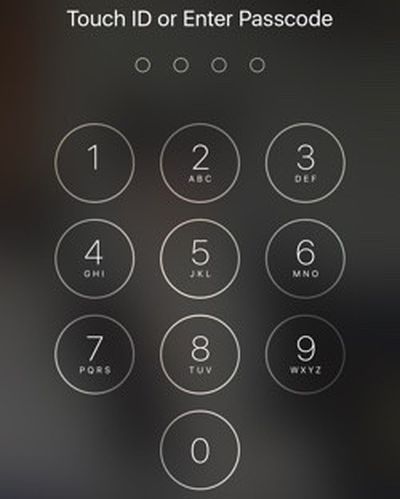 A new bill introduced in U.S. Congress today by representatives Ted Lieu (D-CA) and Blake Farenthold (R-TX) would attempt to block state-level efforts to ban sales of strongly encrypted smartphones, reports Ars Technica.
A new bill introduced in U.S. Congress today by representatives Ted Lieu (D-CA) and Blake Farenthold (R-TX) would attempt to block state-level efforts to ban sales of strongly encrypted smartphones, reports Ars Technica.
The federal bill will need to pass the U.S. House of Representatives and Senate, and be signed by the president, in order to become law. If passed quick enough, the bipartisan legislation would set precedent over state-level bills.
California and New York assemblymen have introduced new bills over the past year that would require smartphone manufacturers like Apple and Google to create devices that can be decrypted or unlocked, or be subject to fines.
The virtually identical bills would require any smartphone manufactured after January 1, 2017 and sold in New York or California to "be capable of being decrypted and unlocked by its manufacturer or its operating system provider." Apple and others would face a $2,500 fine per phone in violation of the proposed law.
Apple is strongly against government efforts to weaken smartphone encryption. The company ceased storing encryption keys for devices on iOS 8, making it impossible for the iPhone maker to unlock content on passcode-protected devices under police request. Both iOS and Android share these default encryption settings.
In September, FBI Director James Comey expressed concerns that Apple and Google are "marketing something expressly to allow people to place themselves above the law." Meanwhile, Apple CEO Tim Cook believes providing the U.S. government with back door access means the "back door's for everybody, for good guys and bad guys."
Read the full text of the "ENCRYPT Act of 2016" for more details about the new house bill.
Note: Due to the political nature of the discussion regarding this topic, the discussion thread is located in our Politics, Religion, Social Issues forum. All forum members and site visitors are welcome to read and follow the thread, but posting is limited to forum members with at least 100 posts.







 ('https://www.macrumors.com/2016/02/10/new-house-bill-to-block-state-encryption-bills/')
('https://www.macrumors.com/2016/02/10/new-house-bill-to-block-state-encryption-bills/')












